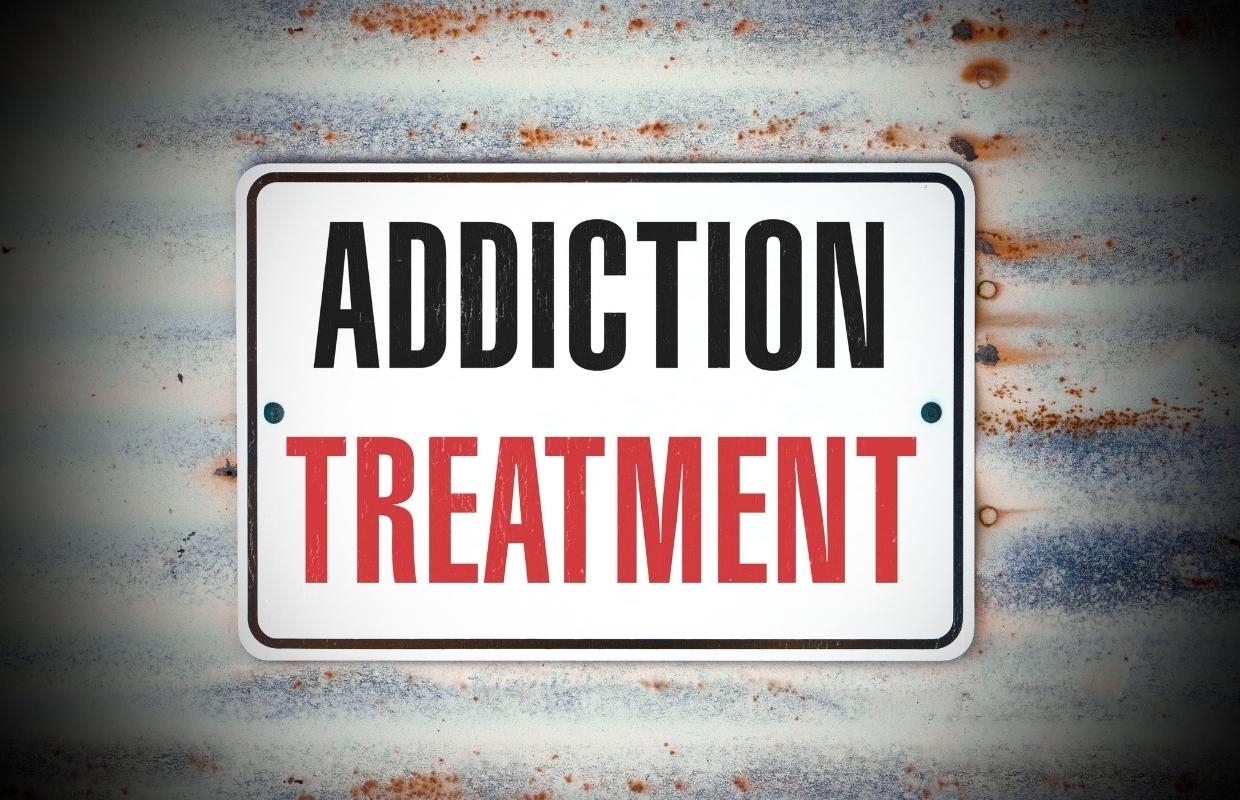A personalized alcohol addiction treatment plan can lead to lasting recovery.
Trick Types of Dependency Treatment: Browsing Alcoholism Recuperation Through Evidence-Based Practices
In the realm of alcohol dependency recuperation, the integration of Cognitive-Behavioral Therapies (CBT) and Medication-Assisted Treatment (MAT) marks an essential stride in the direction of efficiency and patient-centered treatment. CBT supplies a structured path to reframe harmful thought patterns, while floor covering gives a biochemical footing versus the physical adversities of withdrawal. When these evidence-based techniques are supplemented with all natural approaches, such as mindfulness and dietary assistance, they create a durable structure for therapy. Nonetheless, the trip via these methods offers one-of-a-kind difficulties and outcomes, laying bare the question of how these therapies concretely converge to cultivate continual recuperation.

Recognizing Cognitive-Behavioral Treatments in Alcohol Dependency Recuperation
As alcoholism recuperation advances, cognitive-behavioral treatments (CBT) have actually arised as a foundation in efficient treatment methods. CBT runs on the principle that maladaptive behaviors, such as excessive alcohol consumption, are driven by useless ideas and beliefs. Treatment concentrates on identifying these unfavorable patterns and mentor individuals how to challenge and change them with even more useful thinking. This treatment is not just about managing actions but additionally improving cognitive processes, which can lead to sustained soberness. Procedure commonly entail functional abilities training, such as dealing approaches for taking care of yearnings and stress monitoring strategies. The adaptable nature of CBT permits it to be tailored to the unique imp source demands of each individual, boosting its efficiency in the world of alcohol recuperation.

The Function of Medication-Assisted Treatment in Taking Care Of Withdrawal and Food Cravings
Medication-assisted treatment (MAT) plays a crucial function in the monitoring of withdrawal symptoms and yearnings in individuals recouping from alcohol dependency. opioid addiction treatment. Such combination sustains the retention in therapy programs and contributes substantially to protecting against relapse, marking MAT as a cornerstone of efficient alcohol dependency therapy.

Incorporating Holistic Methods With Standard Therapies for Comprehensive Care
While medication-assisted treatment provides a foundational technique to alcohol recuperation, integrating all natural techniques with conventional therapies uses a weblink more comprehensive treatment design. By incorporating these varied methods, treatment programs can customize treatments to private needs, promoting an extra sustainable healing. This integrated strategy highlights the significance of a complex approach in the effective treatment of alcohol dependency.
Conclusion
In conclusion, their website efficient alcohol dependency recuperation leverages a combination of evidence-based practices. Cognitive-Behavioral Therapies reframe negative attitude, while Medication-Assisted Therapy tackles the physical challenges of withdrawal and desires. Incorporating alternative techniques, such as mindfulness and appropriate nourishment, with traditional therapies ensures a thorough care method. Customized to specific requirements and supported with time, these approaches jointly improve the likelihood of continual sobriety and general health in recouping people. telehealth addiction treatment.